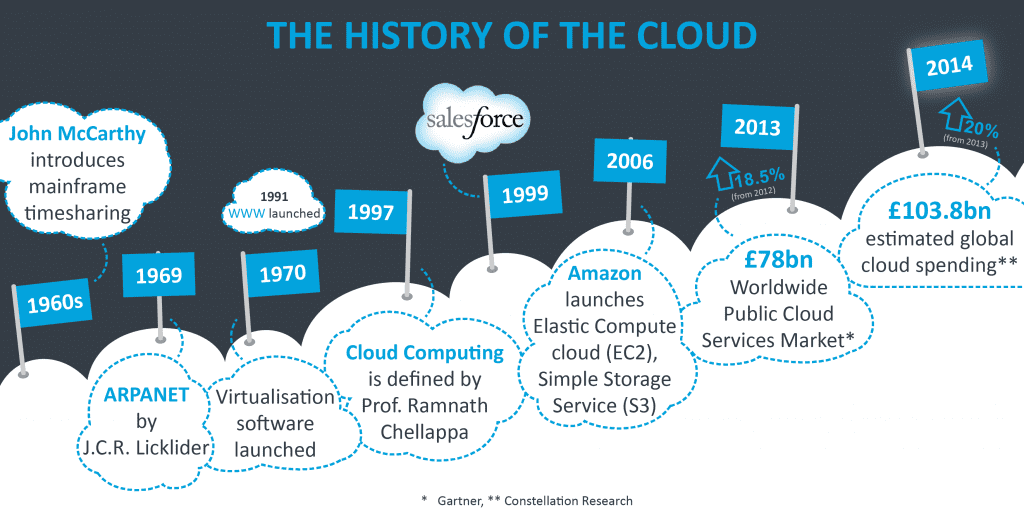Cloud computing has revolutionized the way we use software, allowing businesses and individuals to access applications and services over the internet instead of installing them on their own computers or servers. This shift has had a significant impact on the tech industry, with more and more companies opting for cloud-based solutions to streamline their operations and increase efficiency.
What is Cloud Computing?
Cloud computing is a model for delivering on-demand computing services over the internet on a pay-as-you-go basis. Instead of purchasing and maintaining expensive hardware and software, users can access applications and storage space remotely, saving time and resources. This scalable and flexible approach allows companies to easily adapt to changing business needs and only pay for the services they use.
The Benefits of Cloud Computing
One of the key benefits of cloud computing is its cost-effectiveness. By eliminating the need for physical infrastructure and reducing maintenance costs, businesses can save money and reinvest those resources into other areas of their operations. Additionally, cloud computing offers increased scalability, allowing companies to easily expand their computing power as their needs grow without the need for expensive upgrades.
Cloud computing also improves collaboration and accessibility, as users can access applications and data from any location with an internet connection. This flexibility enables remote work and enhances productivity, as employees can work together on projects in real-time without being tied to a specific physical location.
Impact on Software Development
Cloud computing has had a profound impact on software development, as developers can now build and deploy applications more quickly and efficiently. By utilizing cloud-based platforms and tools, developers can access a wide range of resources and services to streamline the development process, reducing time-to-market and increasing overall productivity.
Cloud computing also enables developers to easily test and scale their applications, as they can quickly spin up new instances and adjust resources as needed. This flexibility allows developers to experiment with new ideas and features without the need for additional hardware or infrastructure, leading to more innovative and dynamic software solutions.
The Future of Cloud Computing
As technology continues to evolve, the future of cloud computing looks bright. With the rise of artificial intelligence and machine learning, cloud-based solutions will become even more powerful and sophisticated, enabling companies to harness the full potential of these emerging technologies. Additionally, the adoption of edge computing and 5G networks will further enhance the capabilities of cloud computing, allowing for faster and more reliable data processing and analysis.
Overall, cloud computing is transforming the way we use software and shaping the future of the tech industry. By providing cost-effective, scalable, and flexible solutions, cloud computing is empowering businesses to innovate and thrive in an increasingly digital world.
As we continue to embrace the benefits of cloud computing, it’s clear that this technology will play a crucial role in shaping the way we work, collaborate, and interact with software in the years to come.

